Avatar The Last Airbender The Search Part 1 Yang Gene Luen
Koneitzko Bryan
Visit to download the full and correct content document: https://textbookfull.com/product/avatar-the-last-airbender-the-search-part-1-yang-gen e-luen-koneitzko-bryan-4/

More products digital (pdf, epub, mobi) instant download maybe you interests ...

Avatar The Last Airbender The Search Part 1 Yang Gene Luen Koneitzko Bryan
https://textbookfull.com/product/avatar-the-last-airbender-thesearch-part-1-yang-gene-luen-koneitzko-bryan-2/

Avatar The Last Airbender The Search Part 1 Yang Gene Luen Koneitzko Bryan
https://textbookfull.com/product/avatar-the-last-airbender-thesearch-part-1-yang-gene-luen-koneitzko-bryan-3/

Avatar The Last Airbender The Search Part 1 Yang Gene Luen Koneitzko Bryan
https://textbookfull.com/product/avatar-the-last-airbender-thesearch-part-1-yang-gene-luen-koneitzko-bryan-4/

Avatar The Last Airbender The Promise Part 2 Yang Gene Luen Koneitzko Bryan
https://textbookfull.com/product/avatar-the-last-airbender-thepromise-part-2-yang-gene-luen-koneitzko-bryan/

Avatar The Last Airbender The Search Part 2 Gene Luen
Yang Michael Dante Dimartino Bryan Konietzko
https://textbookfull.com/product/avatar-the-last-airbender-thesearch-part-2-gene-luen-yang-michael-dante-dimartino-bryankonietzko/

Avatar The Last Airbender The Search Part 2 Gene Luen
Yang Michael Dante Dimartino Bryan Konietzko
https://textbookfull.com/product/avatar-the-last-airbender-thesearch-part-2-gene-luen-yang-michael-dante-dimartino-bryankonietzko-2/

Avatar The Last Airbender The Search Part 3 First Edition Gene Luen Yang
https://textbookfull.com/product/avatar-the-last-airbender-thesearch-part-3-first-edition-gene-luen-yang/

Avatar The Last Airbender The Search Part 3 First Edition Gene Luen Yang
https://textbookfull.com/product/avatar-the-last-airbender-thesearch-part-3-first-edition-gene-luen-yang-2/

Avatar The Last Airbender The Search Part 3 First Edition Gene Luen Yang
https://textbookfull.com/product/avatar-the-last-airbender-thesearch-part-3-first-edition-gene-luen-yang-3/






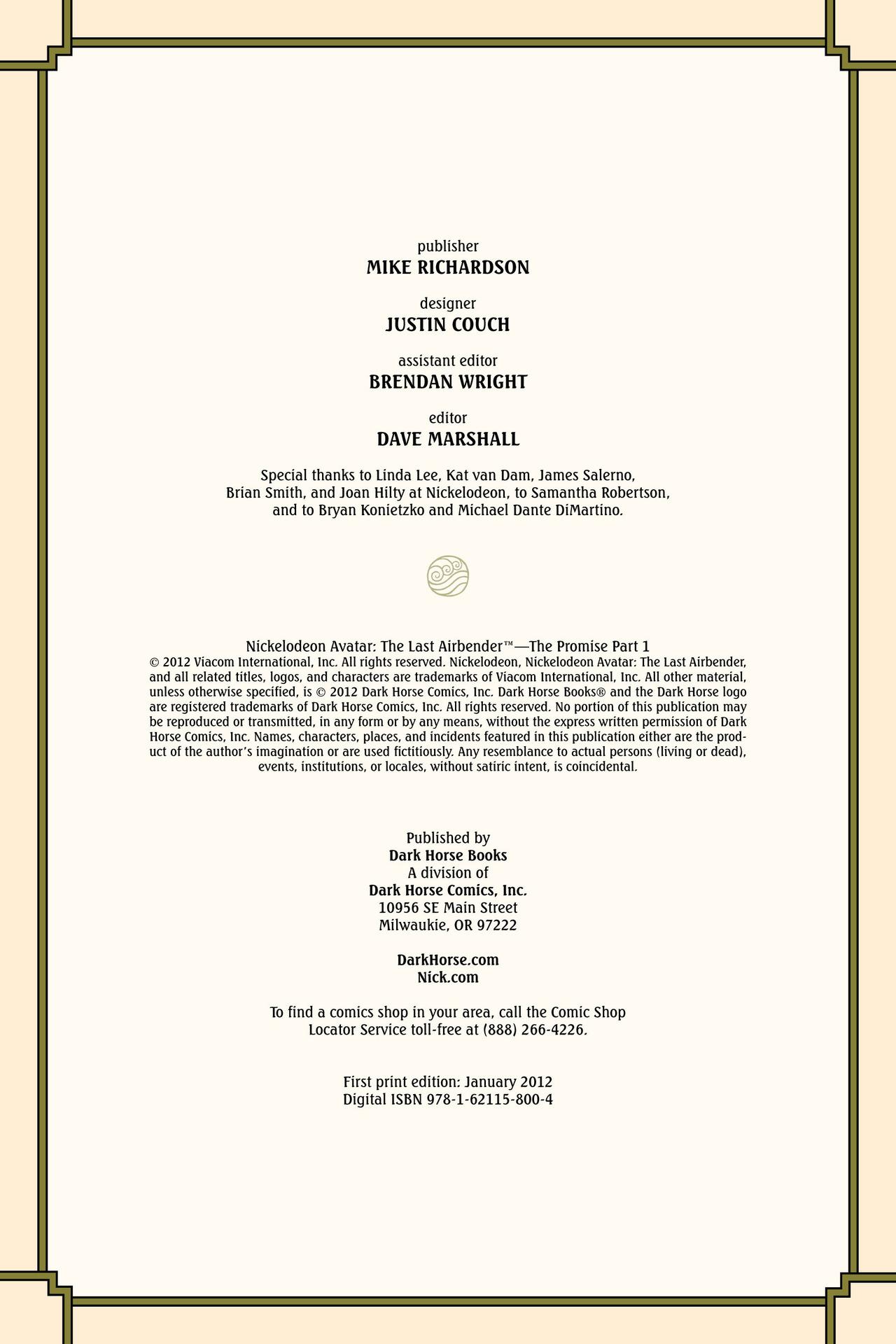
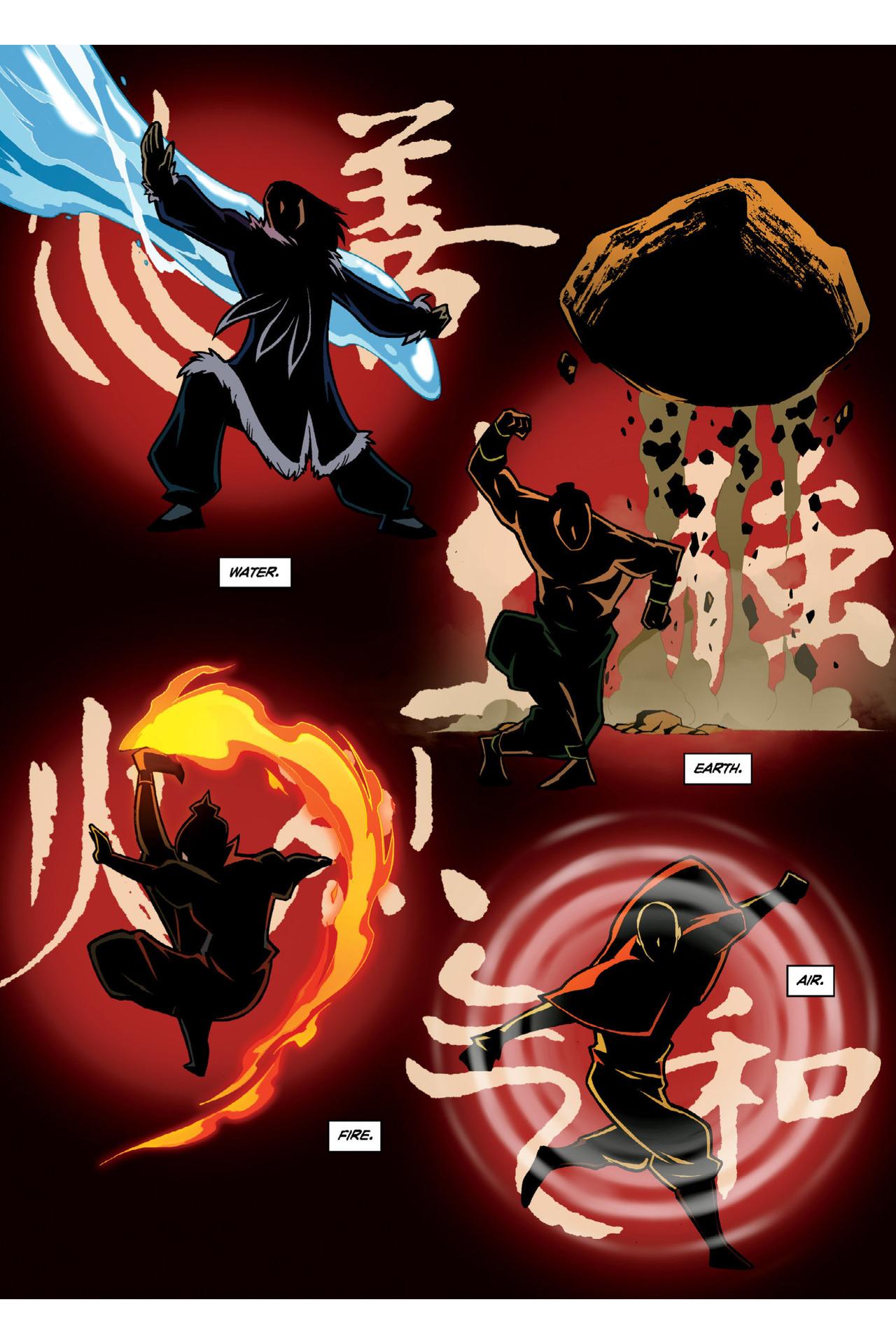
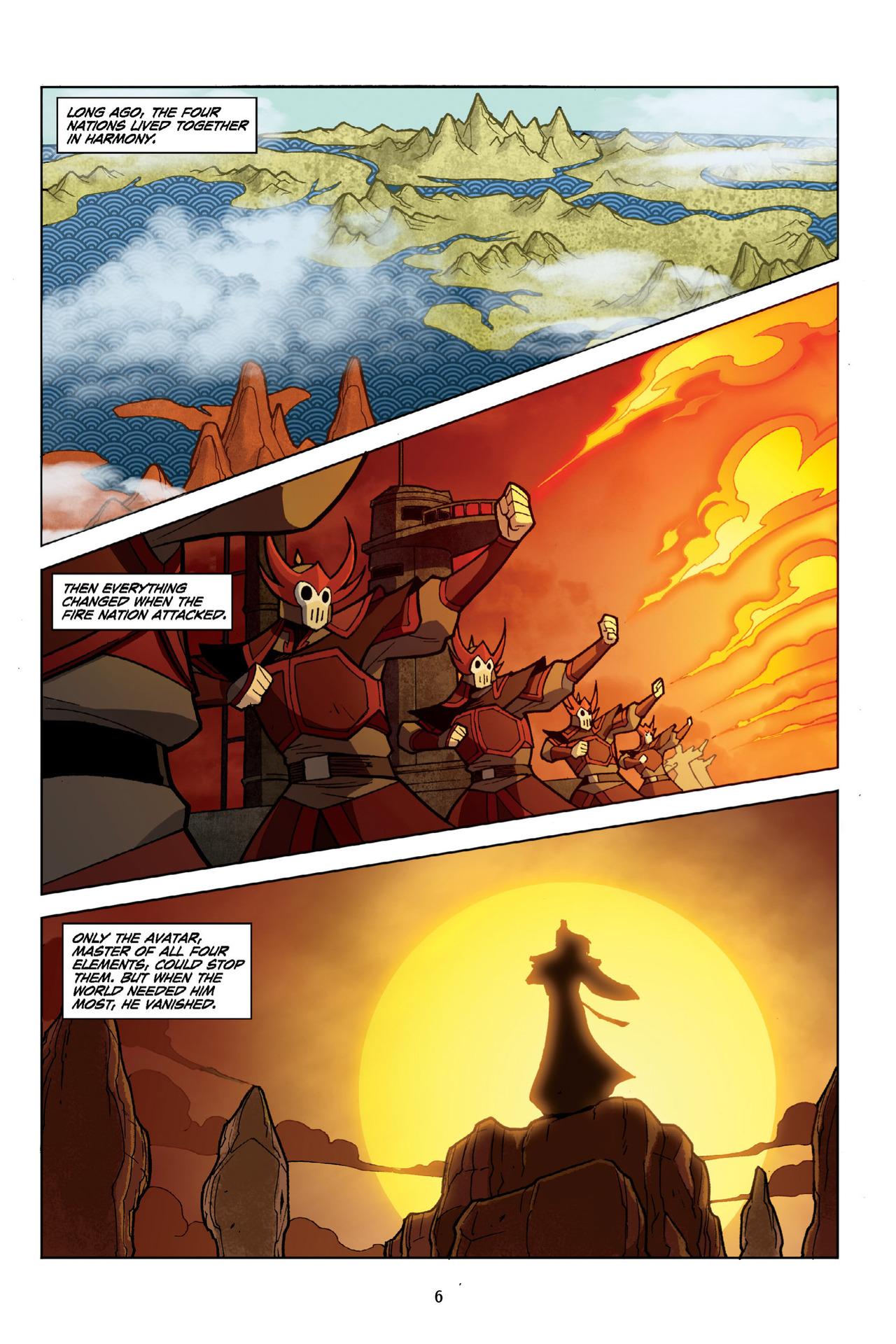
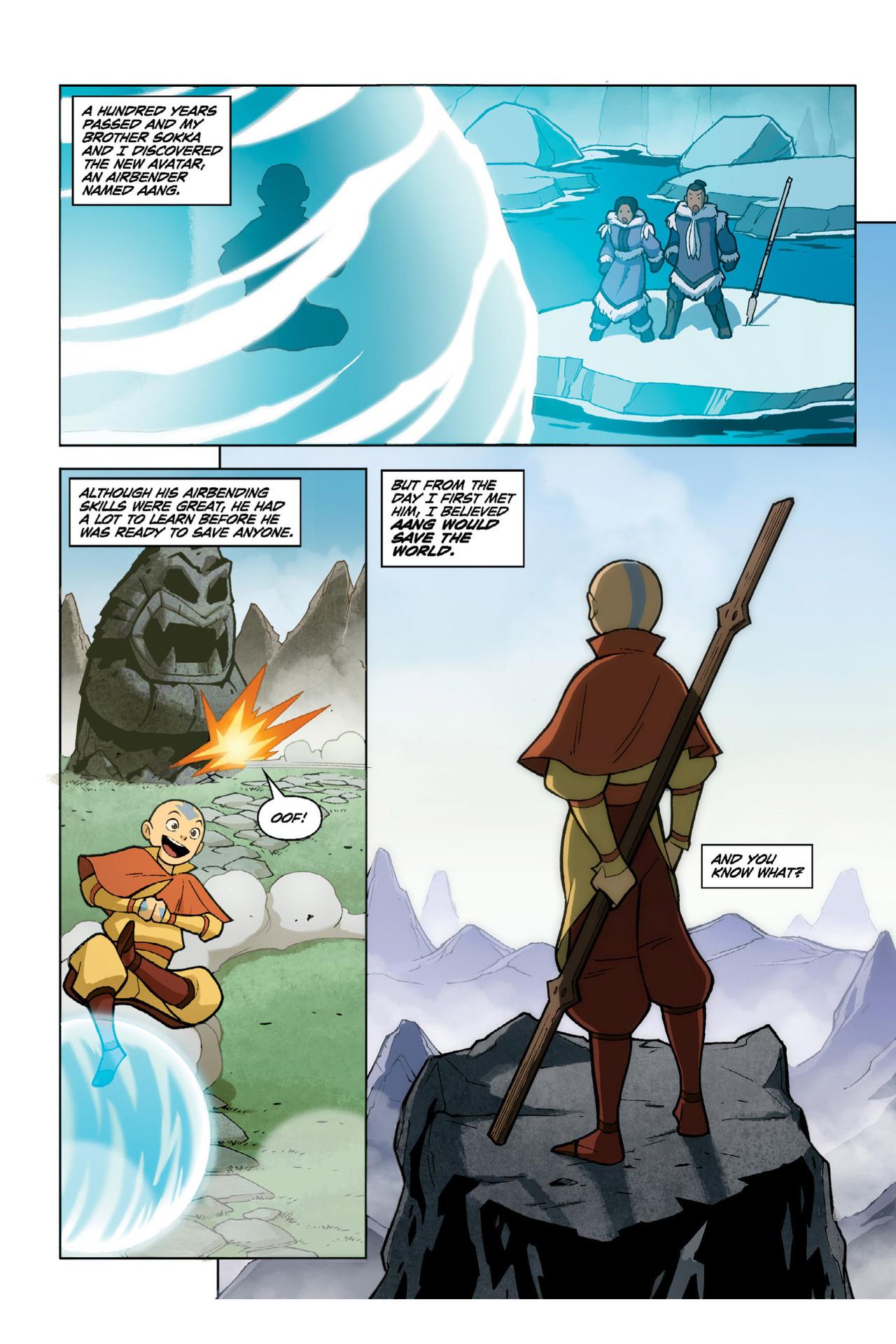
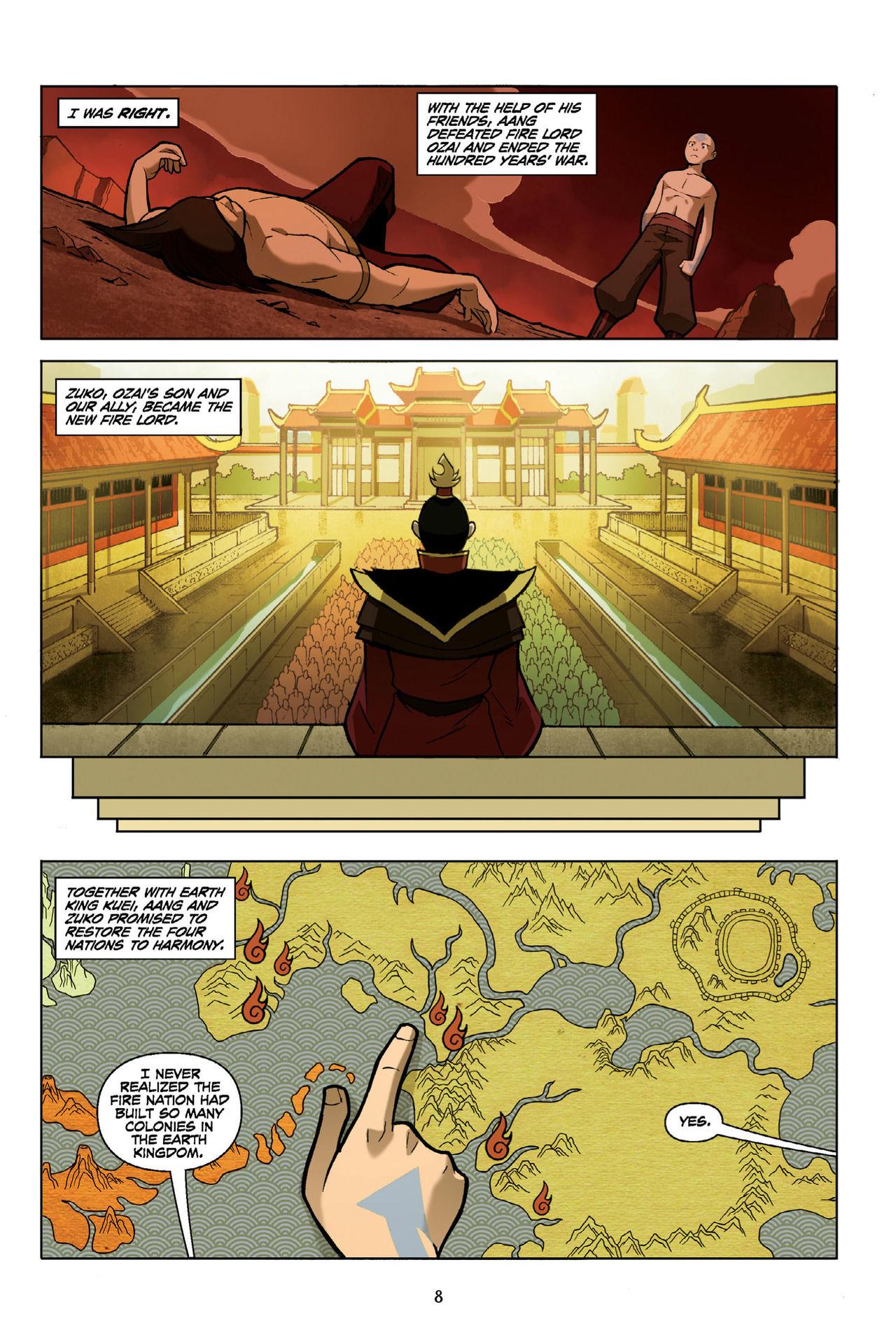
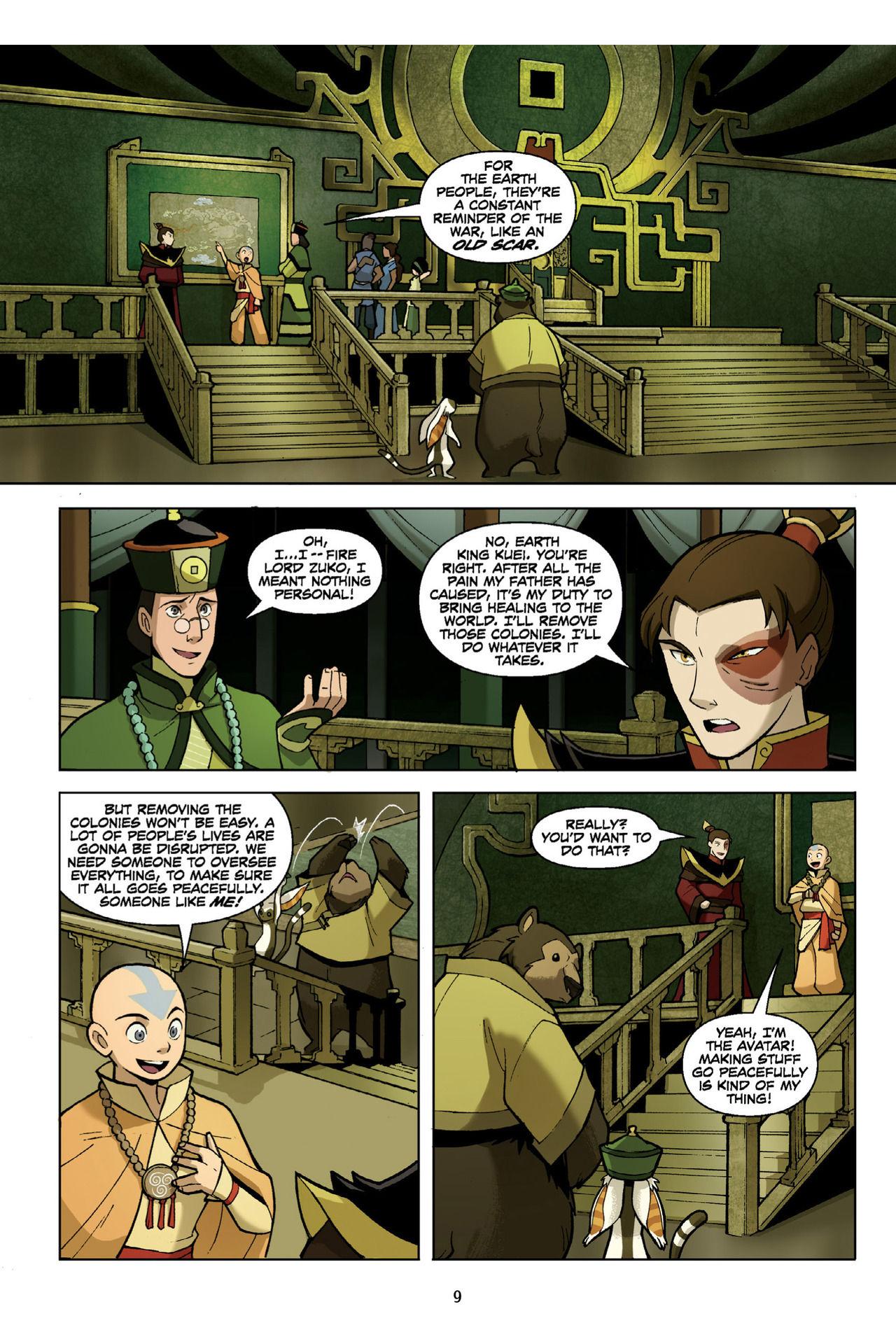
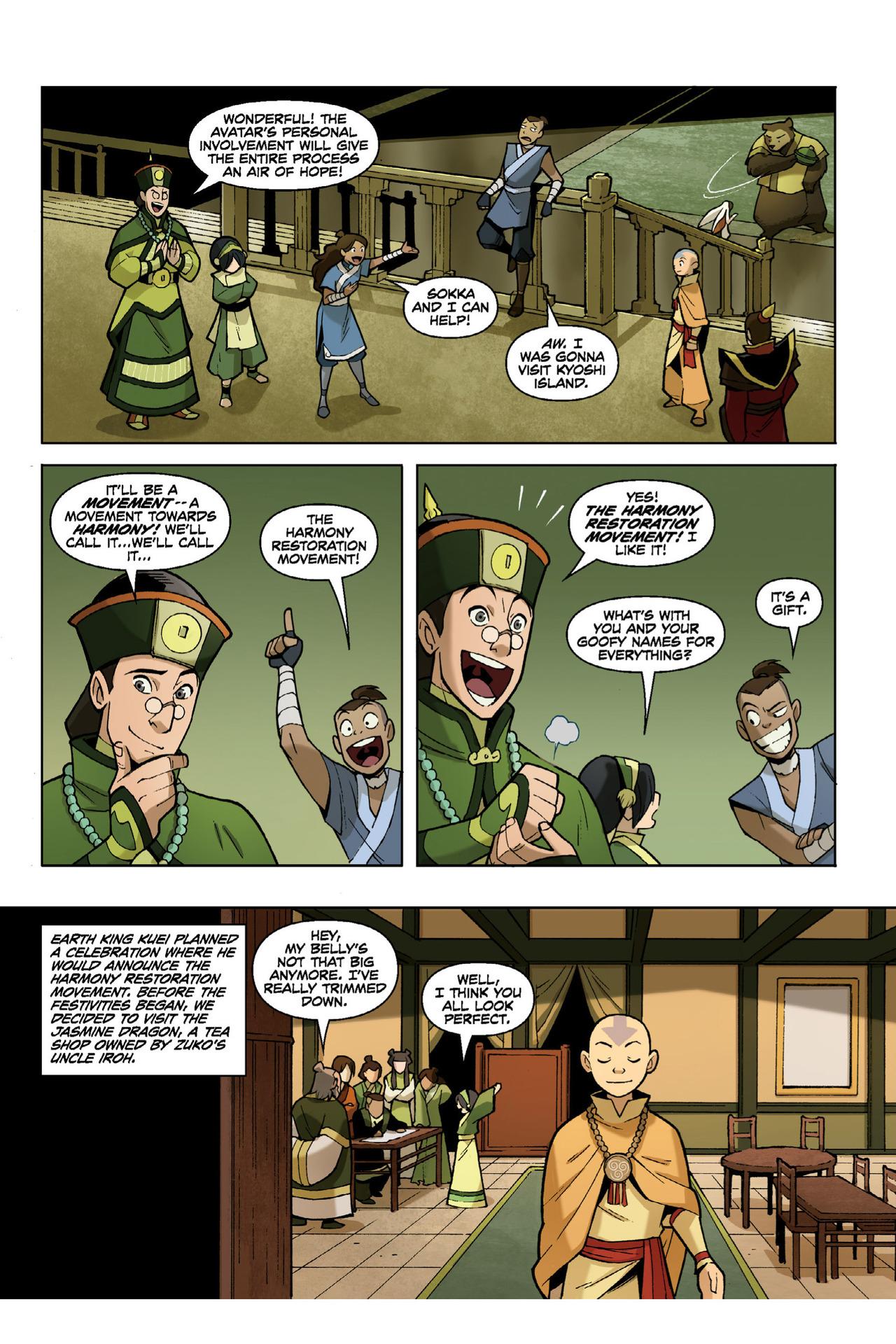
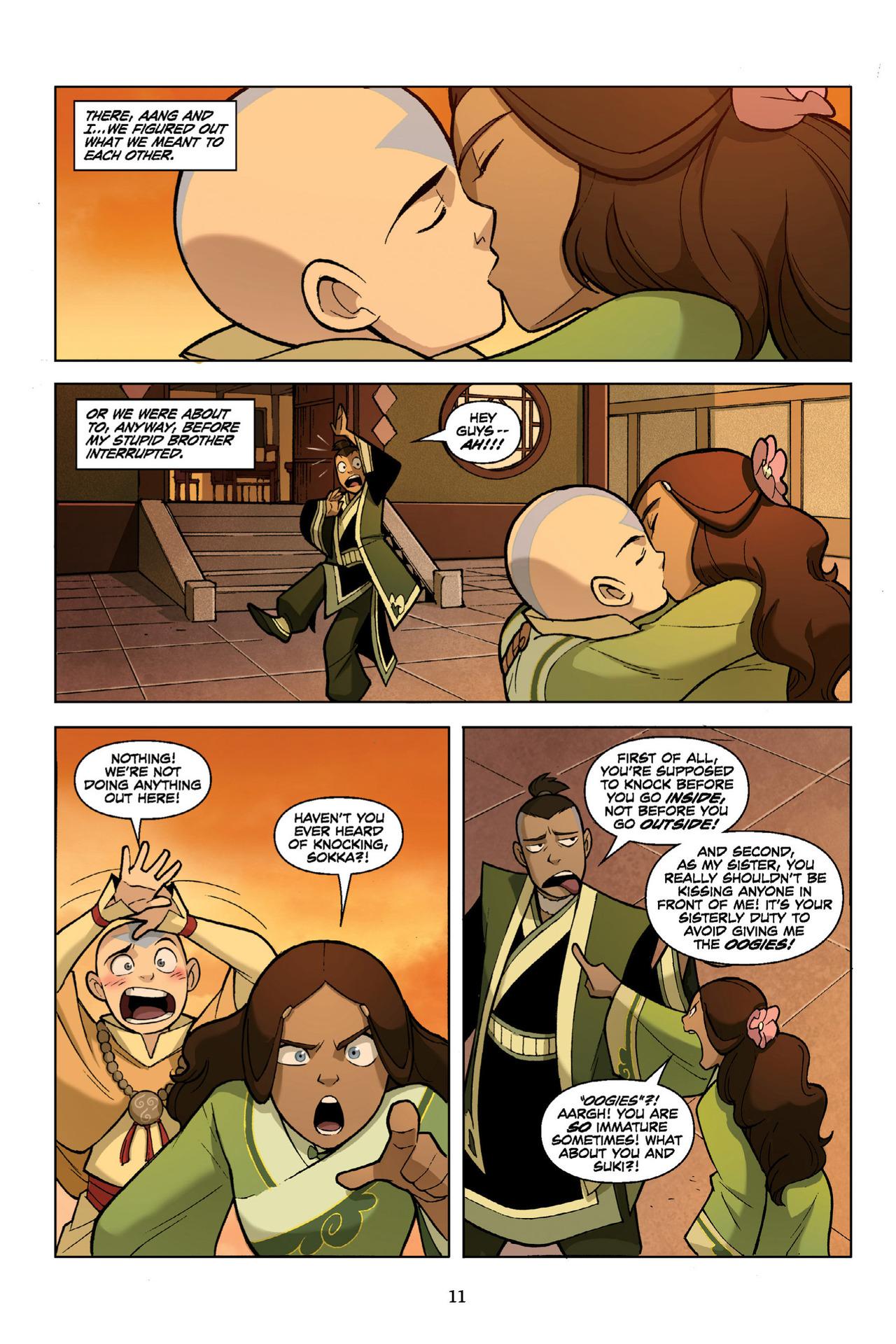
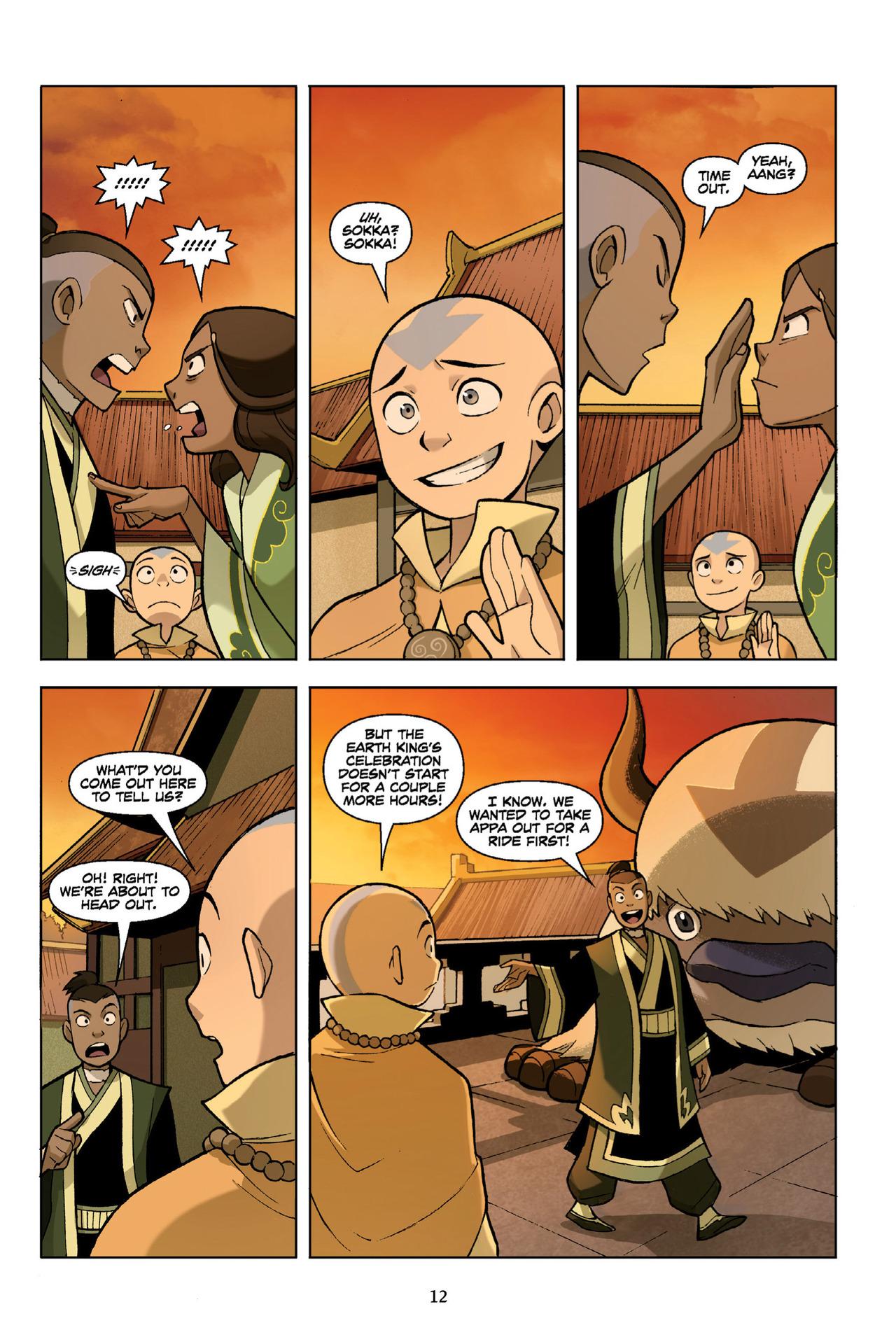
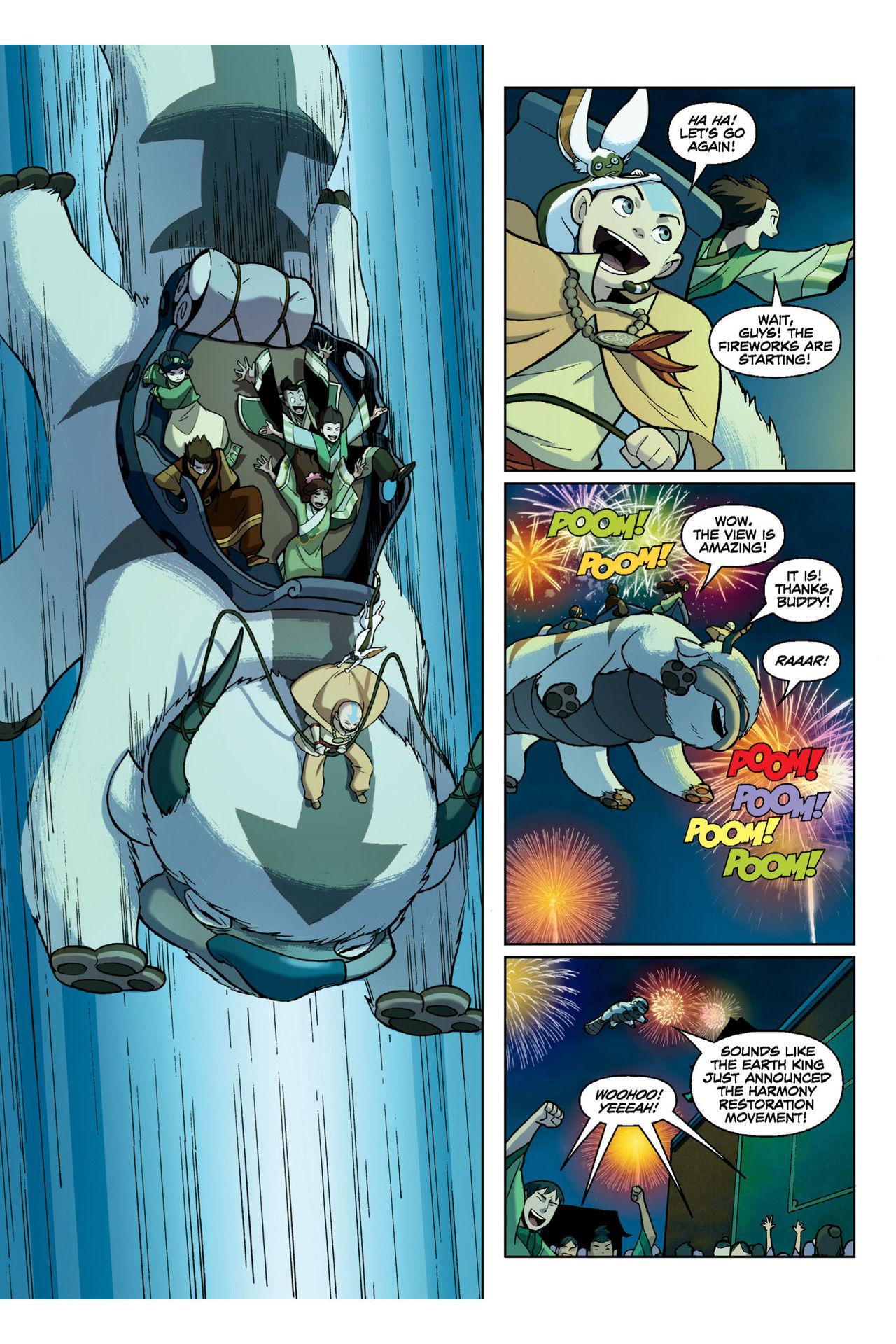

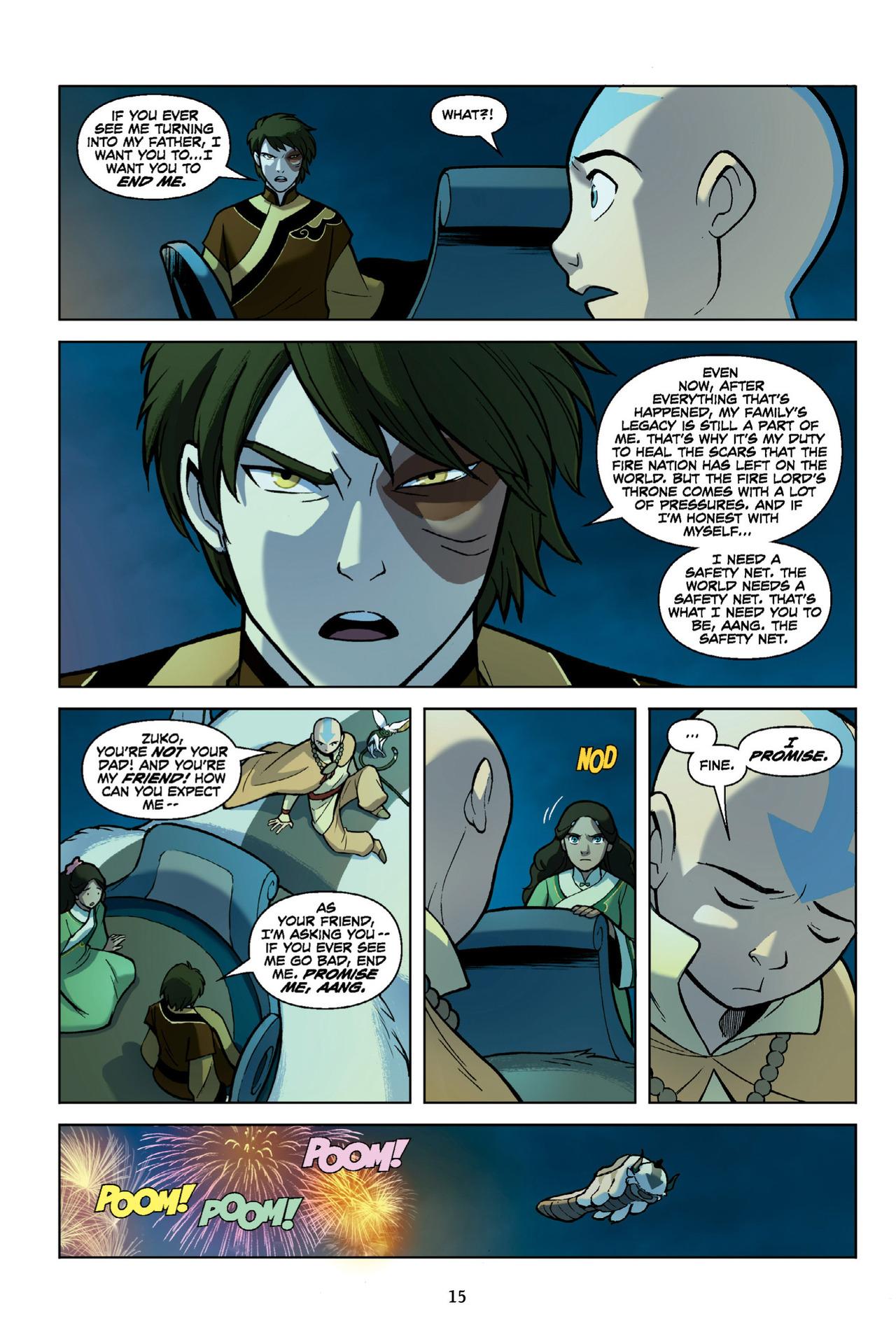
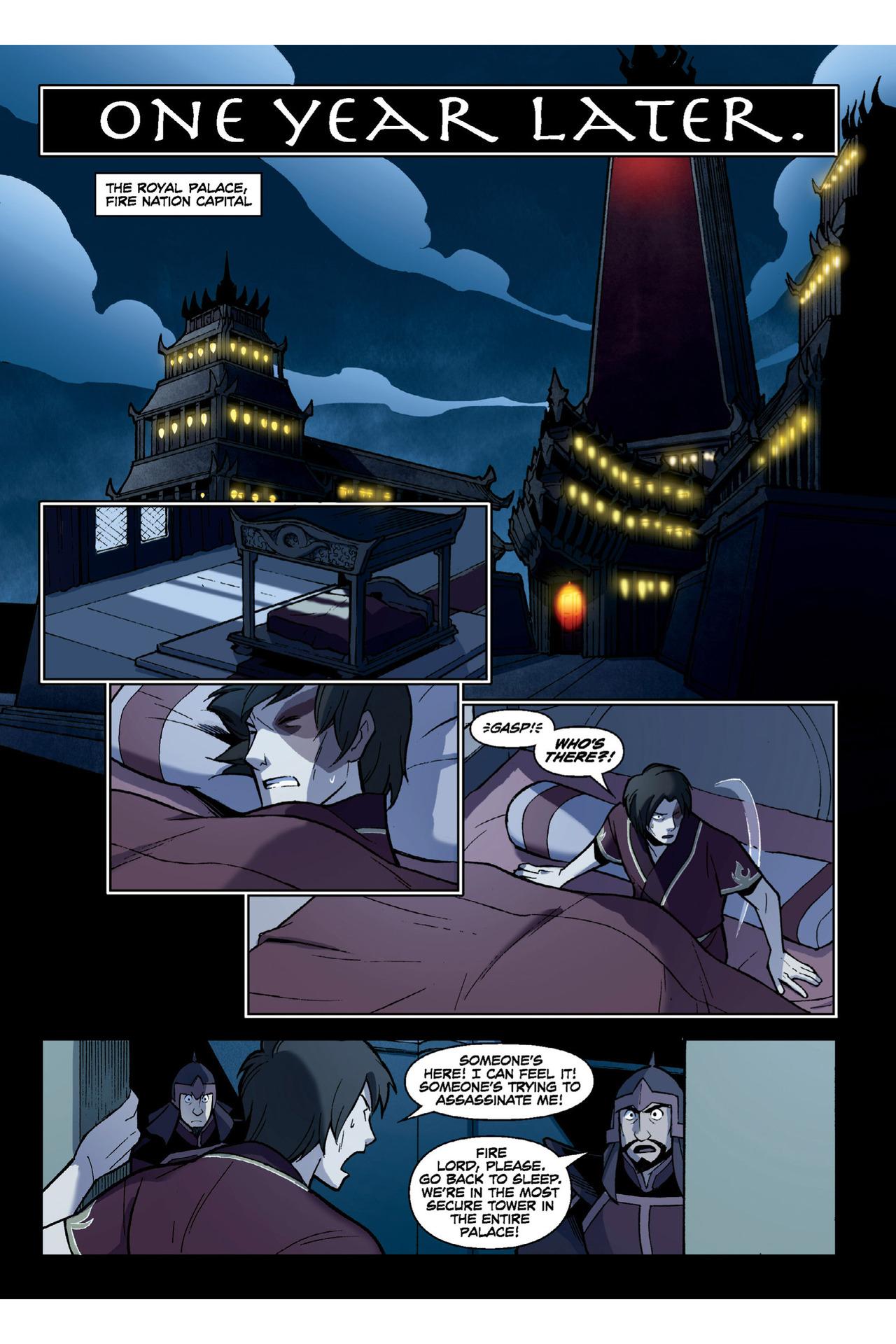
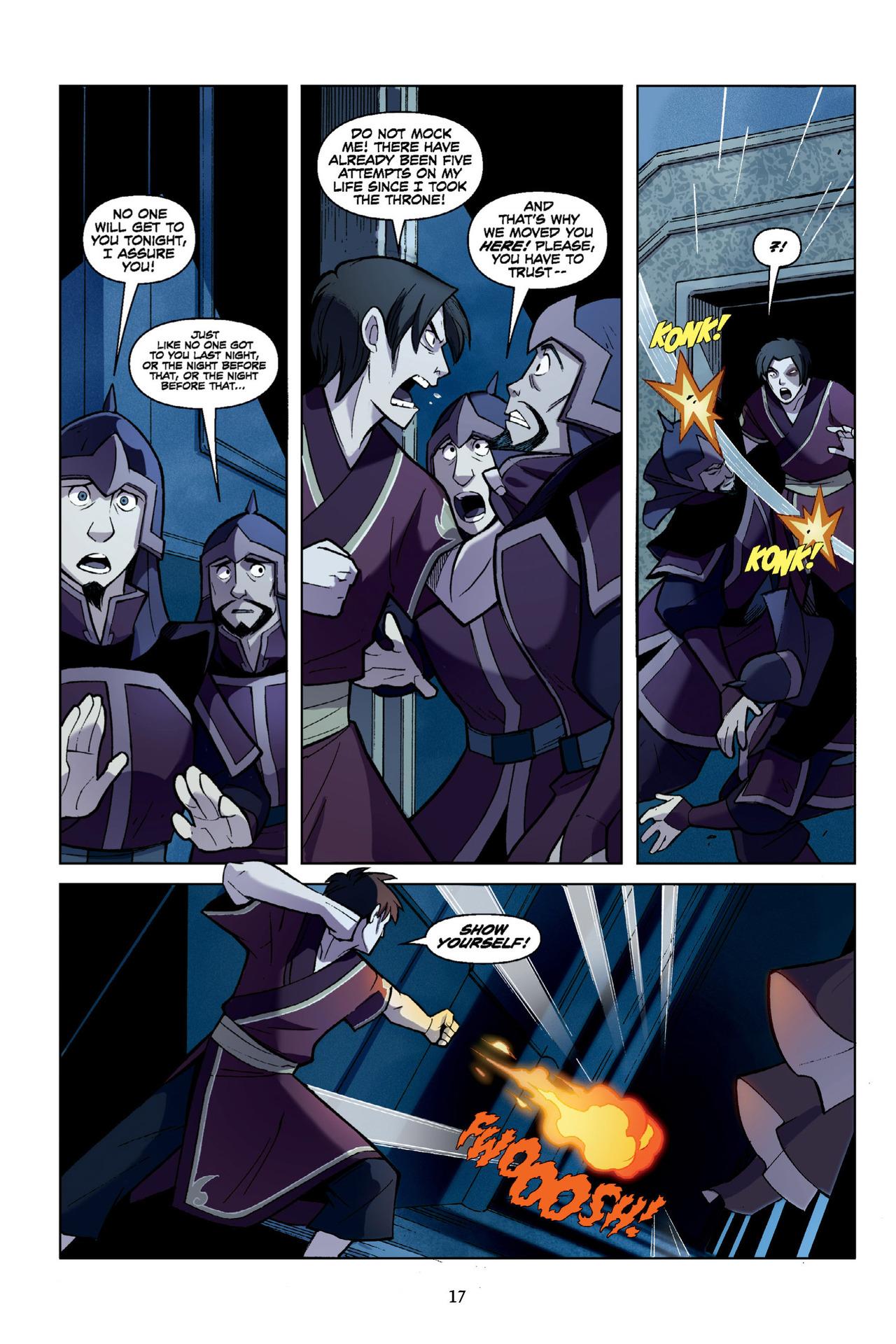

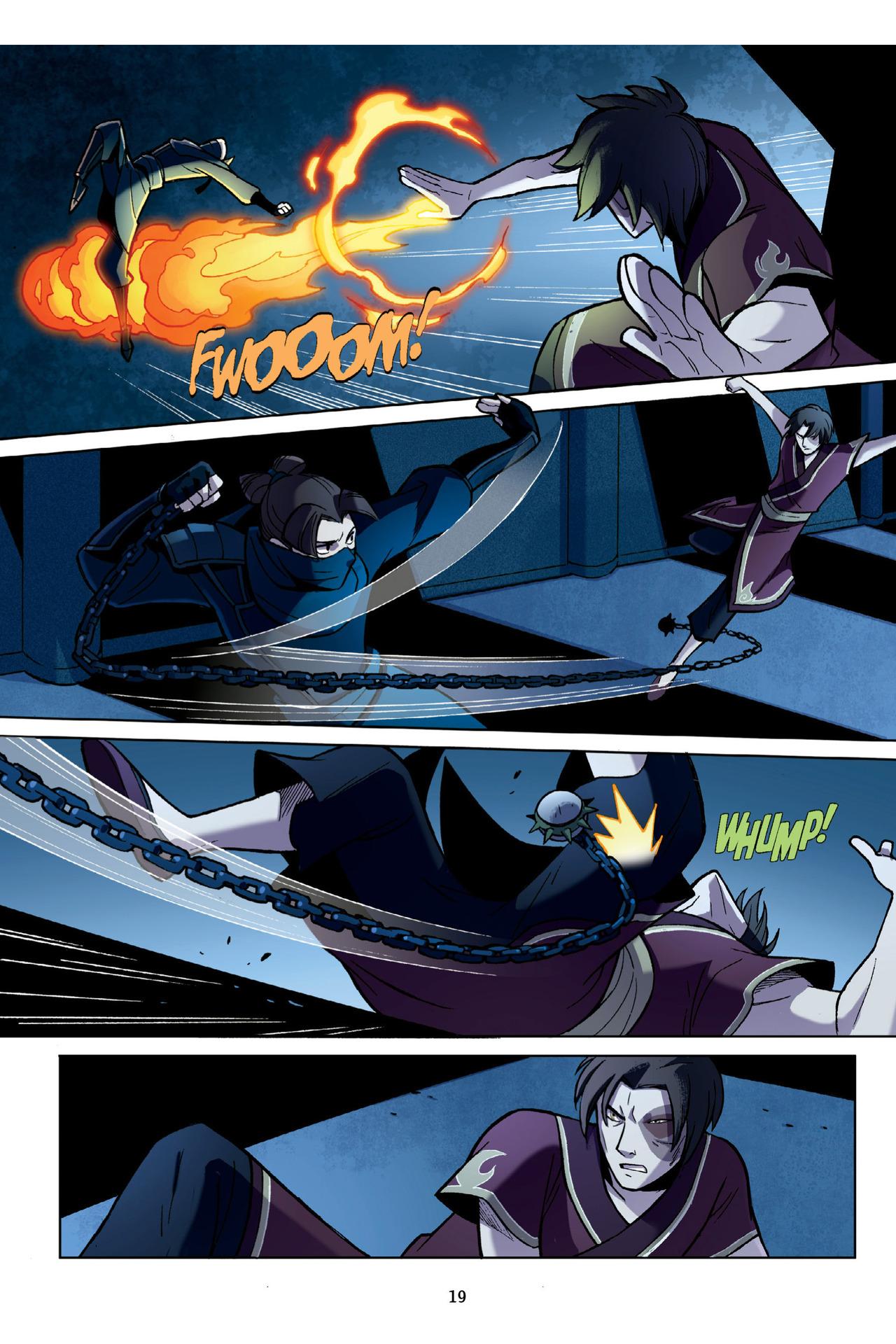
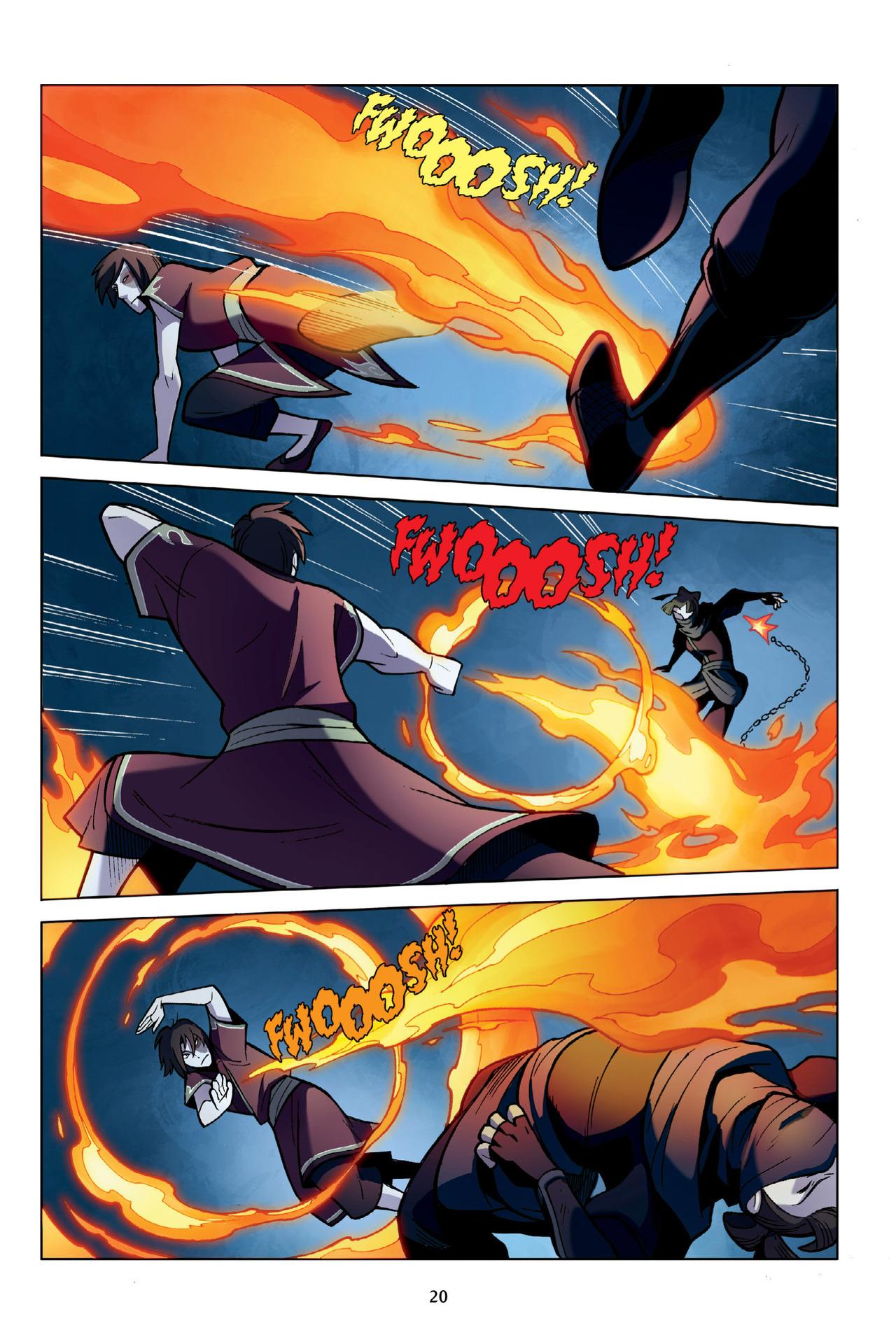
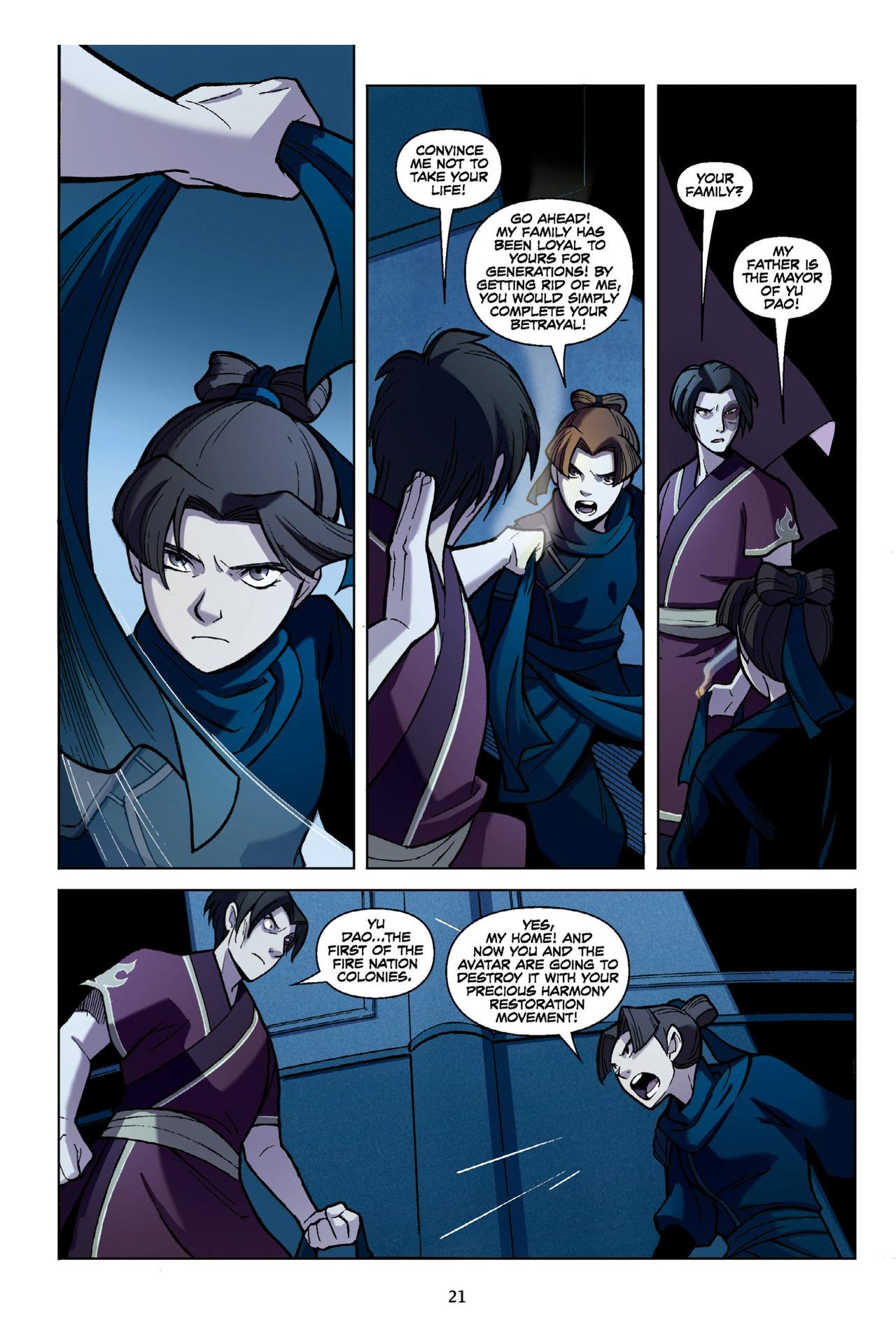
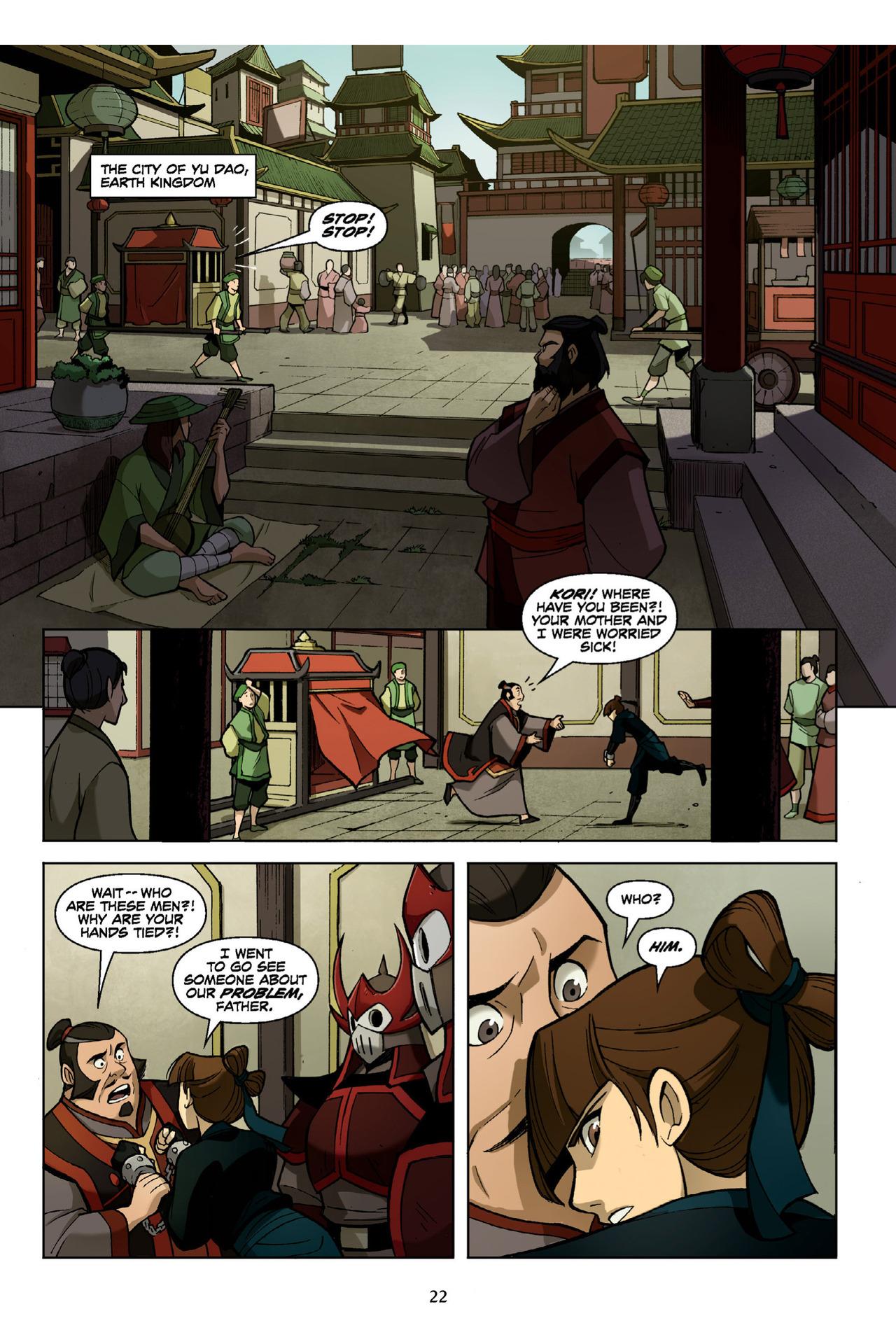
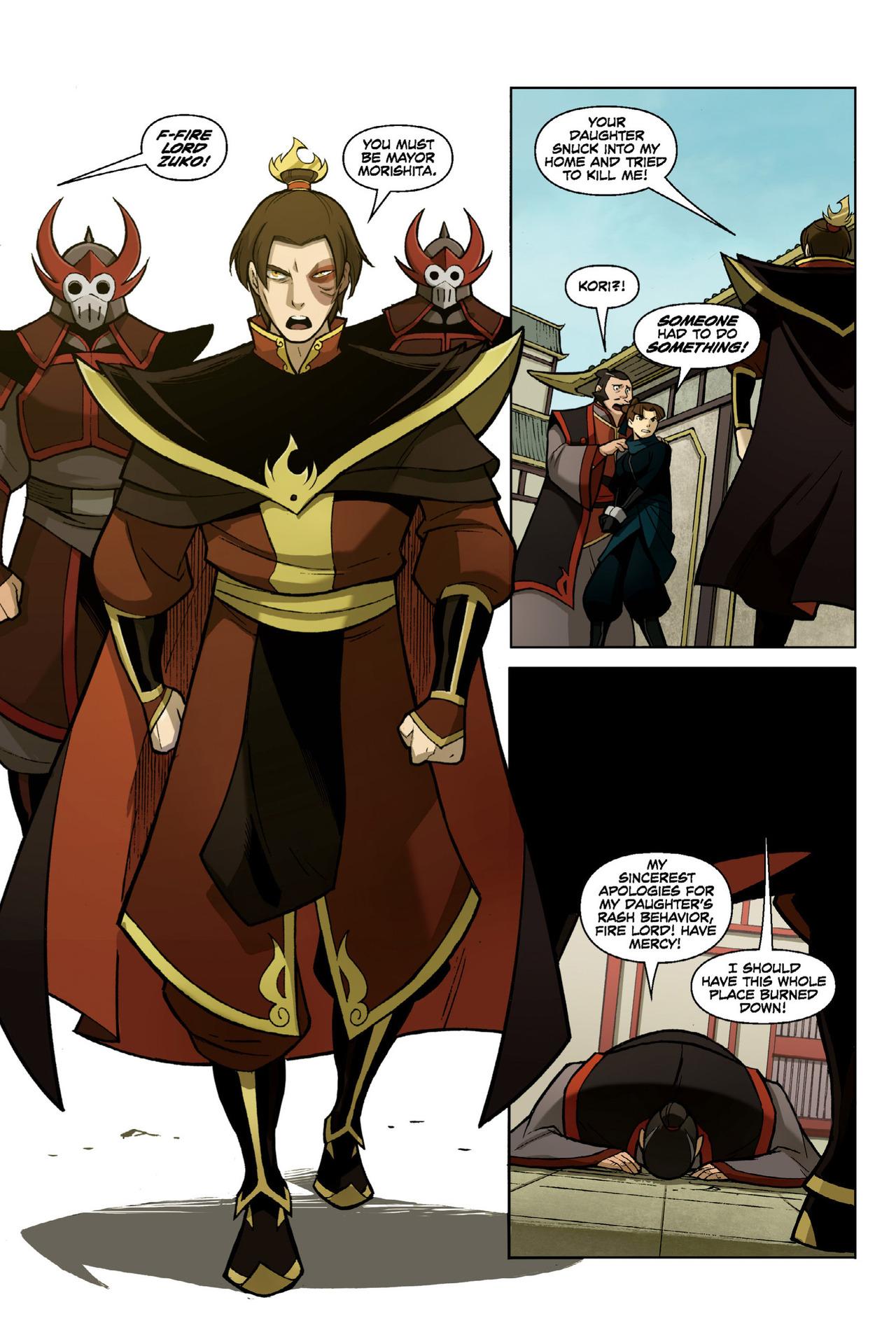
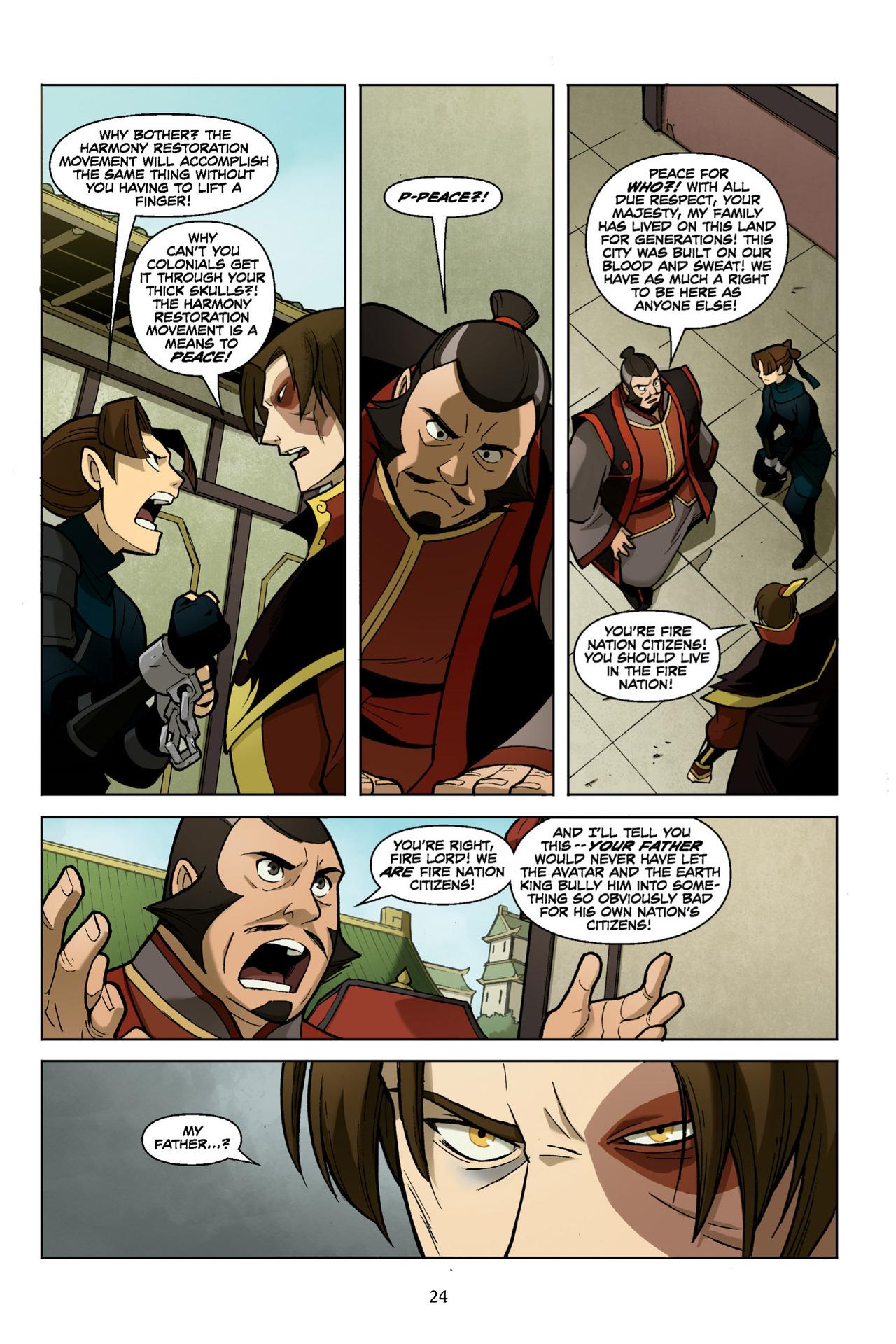
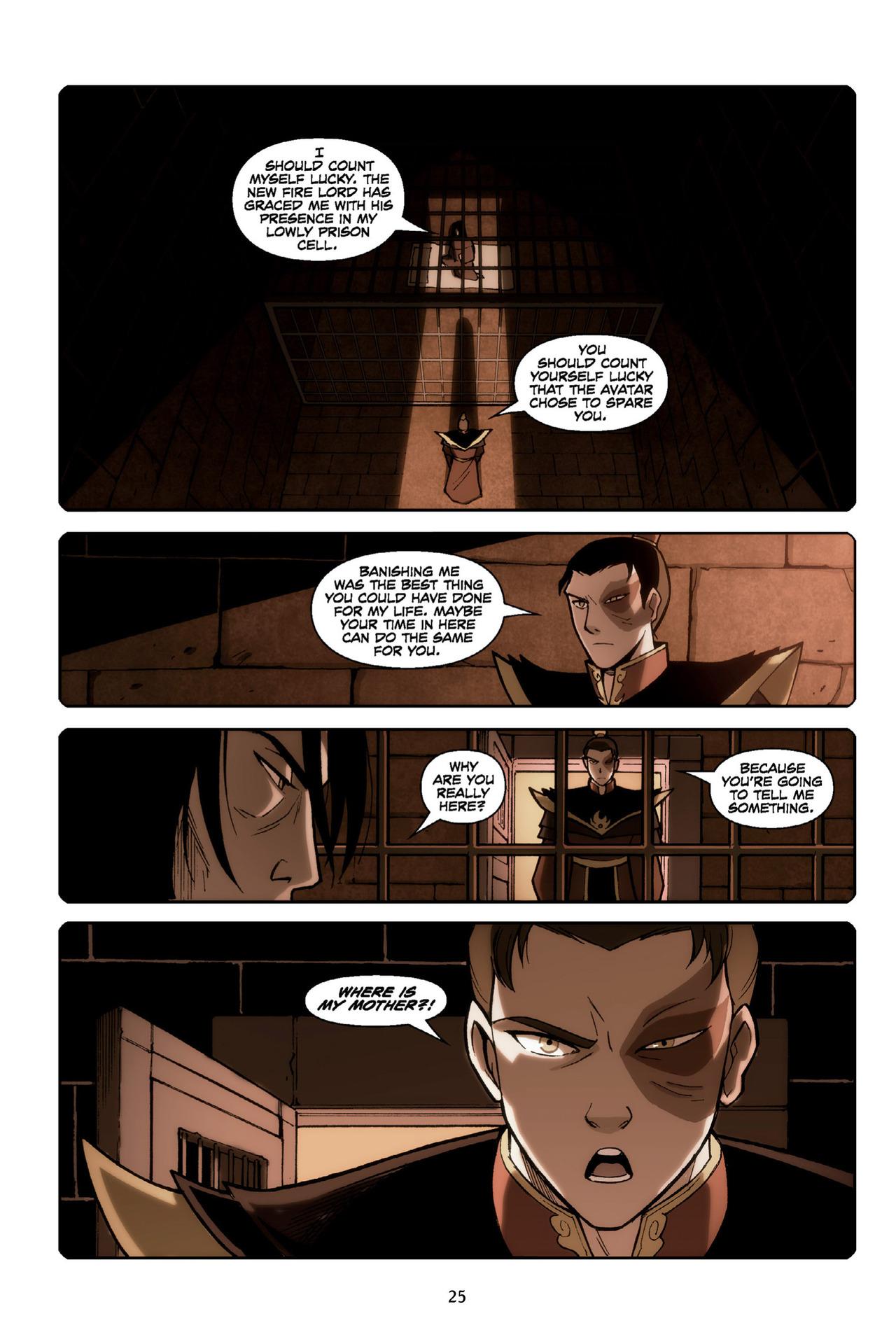
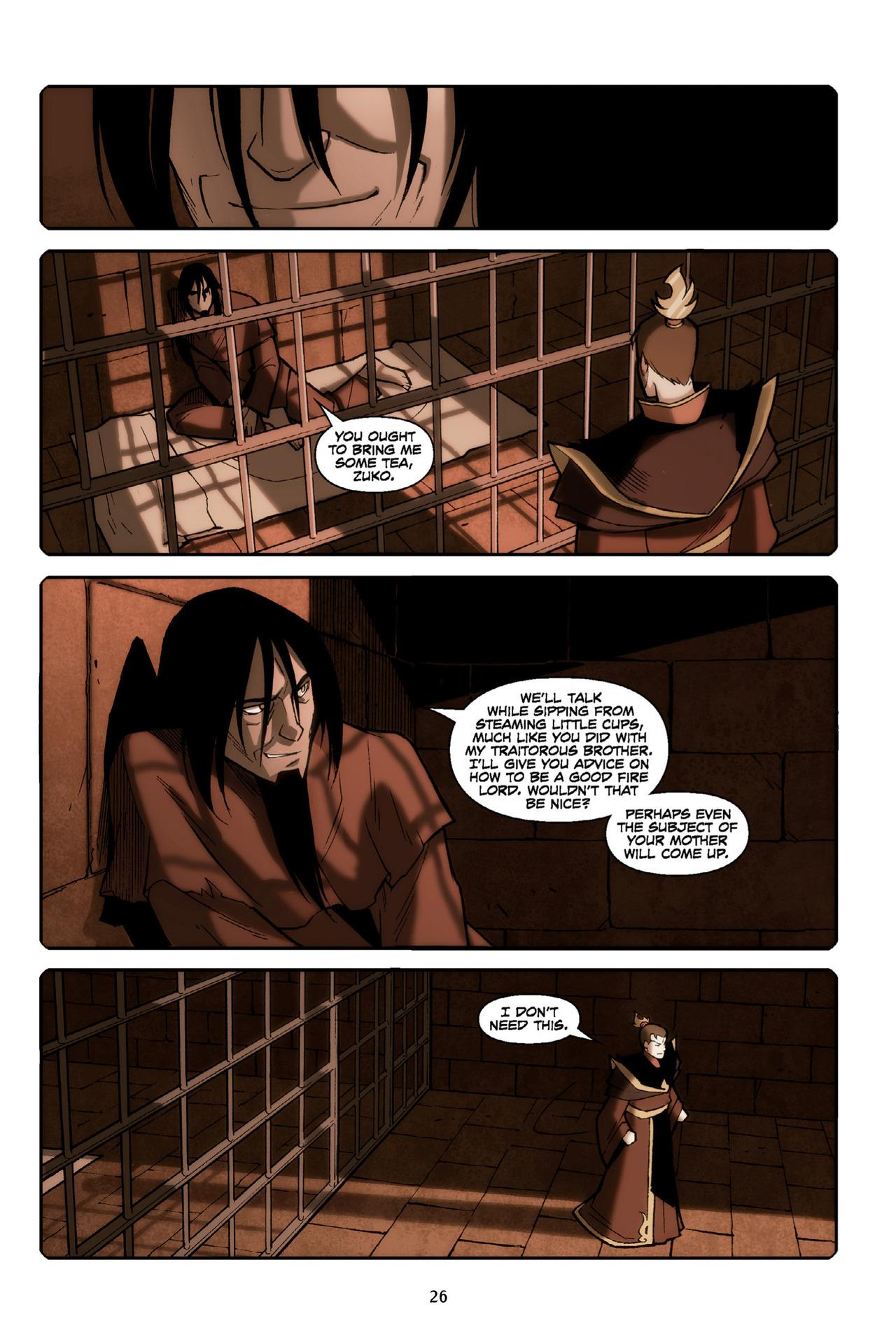
Another random document with no related content on Scribd:
Treaty with Muscovy.
By a treaty with Muscovy in this year (1686) he gave up Kiow and Smolensko, which had been long in her possession, for a large indemnity, and obtained promises of co-operation in his schemes of conquest. Posterity has blamed him for these concessions; but in his time such was the national contempt for the Muscovites that no danger was apprehended on their side.
Campaign of 1686.
His chances of success were excellent. The Emperor promised his aid on the side of Hungary; and a great army of Muscovites was to push forward to the Black Sea. After arranging his plans with the Imperial generals, John assembled his forces at the Dniester, but he found all alike, officers and men, indisposed to a campaign beyond the borders of Poland. But he could not now draw back. He advanced through the deserts of Moldavia to the Pruth, passing on his way the fatal spot where Zolkiewski met with a hero’s death. Descending the river he entered Yassy, the capital, on the 15th of August, and found that the hospodar had fled with his troops, but had left provisions for the invading force, thinking by this means to secure his immunity from punishment, whatever might be the result of the campaign. After two days of rest John pushed on towards the Black Sea. But the heat, the scarcity of water, and the terrible solitude[125] broke the spirit of his army, and suddenly the Tartars appeared in his front. News also arrived that the Turks were within a march of him, and there was no sign either of Muscovite or Austrian succours. Leopold had again deceived him, and had profited by John’s demonstration to capture the city of Buda. There was nothing left but to retreat, and this the king successfully accomplished, through a most difficult country, in the face of the enemy. The Tartars poisoned the rivers and springs, and set fire to the vegetation, while searching clouds of dust and ashes distressed the retiring Poles. At length they reached the frontiers of Poland; and the only person who had reaped any benefit from their sufferings was the Emperor Leopold.
Deposition of the Sultan.
In the following year a revolution at Constantinople, provoked by continued disasters, deprived Mahomet IV. of his throne; and had there been a complete accord between the members of the Christian league, the Ottoman empire might have tottered to its fall. No soldier of the Church had laboured
more steadily towards this end than John Sobieski; and if it was not realised, the fault lay not with him but with his more powerful allies.
Polish anarchy
As his reign drew near its close, the internal disorders of his kingdom increased. The Emperor never ceased to intrigue with the Lithuanian grandees against his faithful ally, and the French party opposed him for this fidelity to the league. The lesser nobility was devoted to him; but the Senate was now the hotbed of faction. All the grandees wished for the end of his reign, the French party because they disliked his policy, and the Lithuanians because they hated his person. Besides this, every ambitious senator looked to an interregnum as a means of realising his dreams of power.
Diet of Grodno.
In the Diet of Grodno in 1688 the king was assailed on all sides. The senators[126] in the pay of France clamoured for peace with the Porte; the Lithuanians, at a hint from the Emperor, accused him of personal aims in his attempt upon Moldavia. Before any subsidy could be voted the Diet was dissolved by the veto; and when the king assembled a convocation he met with the same stormy opposition. Hastily dismissing the assembly, he submitted to a period of inaction; but he had the consolation of finding, on a visit to Wilna in the same year, that even in the Grand Duchy he was regarded by the people with admiration.
John refuses peace with the Turks.
A fresh outburst from the French party occurred in the same summer, when he refused to make peace with the Sultan, although he was offered the restoration of Kaminiec. He had bound himself by oath never to make a separate peace without the consent of his allies; but to keep strictly to this article was detrimental to the republic, so sorely in need of reforms, and he had abundant excuse for breaking it in the conduct of the Emperor.
His scruples were not suggested by a desire for further glory, or by a blindness to the true interests of Poland. His days of warfare were past for ever. He saw only too clearly the failure of the old constitution, and he was anxious before his death to witness the establishment of hereditary monarchy In striving to have his son declared his successor he was not actuated by merely selfish motives,
Tries to establish hereditary succession.
for when a subject he had held the same principles.[127] But the grandees considered such a proposal as a direct infringement of their privileges; and they were encouraged by Leopold, who found it his interest to preserve Poland in a state of fermentation.
Affecting scene in the senate.
The king intended to ask this of the republic at the Diet of Grodno; but his intention becoming known, he was assailed with the utmost virulence in the senate. The Grand Treasurer termed him despot, tyrant, and destructor of the public liberty; a palatine spoke of him as the enemy of his country. At length the king rose and addressed the senate. He recalled the patriotism and services of his ancestors, and protested his devotion to the cause of liberty. But he begged his hearers to pause, and reflect on the consequences of intestine strife. “Oh, what will be one day the sad surprise of posterity to see that at the summit of our glory, when the name of Poland was filling the universe, we have allowed our country to fall in ruins, to fall, alas! for ever! For myself I have now and then gained you a few battles; but I confess myself deprived of all power to save you. It only remains for me to resign, not to destiny, for I am a Christian, but to the great and mighty God, the future of my beloved country.... I seem to hear already resounding over our heads the cry of the prophet: ‘Yet forty days, and Nineveh shall be destroyed.’ Your most illustrious Dominations know that I do not believe in auguries. I do not search out oracles; I give no credence to dreams; it is not an oracle, it is faith which teaches me that the decrees of Providence cannot fail to be accomplished.”
During this prophetic speech the voice of the old king trembled with emotion, and the senate was deeply touched. The primate knelt at the foot of the throne, and assured him of the loyalty of Poland; and a cry of assent arose from all present. The subsidies were voted by acclamation; but it was only a transient gleam of concord. Next year there were rumours of a conspiracy to dethrone the king; and amid the storms of the Diet a bishop named Opalinski said to him haughtily, “Be equitable, or cease to reign!” The insult was soon followed by an apology; but the tumult continued in the assembly, and sabres were freely used before the veto terminated the disgraceful scene.[128] The king felt himself unable to cope with these terrible disorders, and
Continued disturbances.
Intended abdication of
Sobieski. Discord in his family.
he instructed his chancellor to prepare an act of abdication (1689); but the unfeigned sorrow of all classes persuaded him to withdraw it. There was little improvement, however, in the temper of future Diets; and the veto was employed as freely as before.
John was not more happy in his domestic than in his public life. His imperious queen was ever his evil genius. Not content with diminishing his popularity by mixing too freely in public affairs,[129] she sowed dissension round his own fireside. The king evidently designed for his successor his eldest son James; for, besides giving him a high command in the army, he allowed him to sit by his side in the senate. But the queen favoured Alexander, her second son, who was more handsome and popular[130] than his brother, and her open partiality produced a fierce hatred between the two brothers. When the Emperor, reminded of the value of John’s friendship by the victories of Mustapha Köprili, gave the Princess of Neuberg in marriage to Prince James[131] (1690), the queen took a violent dislike to her daughter-in-law; and the family breach was widened.
Next year the king took the field for the last time, nominally to chastise the Tartars for an invasion in the winter, but really perhaps to escape the miseries of his court. He took with him for the first time his son Alexander, and this so exasperated Prince James that he threatened to leave the country The king told him that if he went he would take with him a father’s curse, and he was persuaded to repent and ask pardon for his violence. His father said openly that in the ensuing campaign he should more easily get the better of the enemy than of his own sons. He gained a victory at Pererita (August 6), and took a few places in Moldavia, and then returned to his kingdom never to leave it more.
His last campaign, in 1691.
His love of retirement.
He spent his last years in retirement, and seldom appeared in public except in the Diet. His palace of Willanow was his favourite residence, and from thence in the summer he would roam from castle to castle, sometimes pitching his tent, like his nomad forefathers, wherever a picturesque spot or a
noble landscape attracted his fancy. The queen would have preferred the gaieties of Warsaw; but she followed him into his solitude, and took care that balls, operas, and the other amusements of a court should be going on around him.
His chief recreation now, as in his most difficult campaigns, was the study of the sciences. He complains to the queen, after the battle of Vienna, that with all his love of reading he has not had a book in his hand for more than three weeks.[132] When he read he always had a pencil in his hand, and his marginal notes displayed uncommon powers of mind. Dr. South—no mean judge—pronounces him to be “very opulently stored with all polite and scholastical learning.” He was fond of writing Polish poetry, and when his daughter Theresa married the Elector of Bavaria he presented her with a copy of verses on the event.[133] Like many others of the Slav race, he was an accomplished linguist. He could converse with ease in six languages, including Latin,[134] and learnt Spanish when he was past fifty. His delight was to assemble around him cultivated men like Father Vota, the French Ambassador Cardinal Polignac, and his physicians, Connor and Jonas, and to “set them very artfully by the ears”[135] on some question of philosophy or natural science.[136] Nor was theology forgotten. He used to give audiences to the schismatic bishops, and listen patiently to their arguments for their respective creeds.
His literary tastes.
Patron of learning. Spite of the nobles.
Such a prince was of course an ardent patron of learning. During his reign more books issued from the Polish press than in the two centuries preceding; and his liberal views led him to reprimand the Catholic clergy for not admitting into their schools the philosophy of Descartes. The great nobles, many of them wholly unlettered, could not sympathise with these literary tastes, and they showed their spite towards the king in various ways. On one occasion, when illness kept him away from the Diet, the Sapiehas demanded that he should be summoned to attend; and when their motion was lost, they broke up the assembly with the veto. A Jew named Bethsal, who collected his revenues, was condemned to death by the Diet on an unproved charge of sacrilege,[137] and John could hardly prevail to
save his life. Many imputed his love of retirement to covetousness, and asserted that he laid up £100,000 a year for the benefit of his sons.[138] The accusation has been often repeated, although his life abounds in instances of his draining his private[139] coffers to serve a pressing public need.
The disorders of the kingdom grew more frightful as John became less able to restrain them. Street brawls between political parties had always been of common occurrence, but the rioters now began to use firearms,[140] and the king had to publish an edict prohibiting the shedding of blood on pain of death. He often sent for the chief nobles, and adjured them by the love of their country to aid him in restoring order [141] In 1695 the Tartars, tempted by Polish anarchy and by a report of the king’s death, invaded Russia, and besieged Leopol; but they disappeared as quickly as they had come on the approach of Sobieski.
Charge of covetousness unproved. His feeble health.
Reports of his death were common in Europe, partly from his feeble health and partly from the interest which many sovereigns felt in the event.[142] He had long been afflicted with dropsy; and a wound in his head, which he had received long before in the Cossack war, now caused serious alarm.
Schemes of the queen.
The queen was most anxious that he should make his will, and she deputed her Chancellor, Bishop Zaluski, to make the proposal. The king received it with disfavour. “I am surprised,” he said, “that a man of your sense and worth should thus waste your time. Can you expect anything good of the times in which we live? Look at the inundation of vice, the contagion of folly; and should we believe in the execution of our last wishes? In life we command and are not obeyed. Would it be otherwise in death?” Soon after the queen entered, and read in the face of the bishop the failure of her plan. Zaluski tells us that the next day the king complained bitterly to him of the bodily sufferings brought on by a dose of mercury which she had given him. His frame was shaken by convulsive sobs, and he exclaimed wildly, “Will there be no one to avenge my death?” This was probably only the raving of a distempered brain; but the
queen has never been exempt from suspicion, and her conduct after his death only served to confirm it.
His illness,
On the 17th of June, 1696, his seventy-second birthday,[143] he lay at Willanow in a state of dreadful weakness. He asked the news from Warsaw, and was told that multitudes were flocking to the churches to pray for his recovery. The intelligence affected him deeply, and he passed the day in cheerful conversation; but towards evening he was seized with an attack of apoplexy.[144] The chief officers hastened to his chamber, and when he awoke to a short interval of consciousness he showed how eager he was to depart by pronouncing the words “Stava bene.” Soon afterwards, about sunset, he breathed his last, and his death, like his birth, was followed by a sudden and frightful storm.
And death. Sorrow of the nation.
Only a few of the nobles welcomed his decease; the mass of the nation remembered his glory, and sincerely mourned his loss. The Chancellor Zaluski thus expresses the general sorrow: “With this Atlas has fallen, in my eyes at least (may I prove a false prophet!), the republic itself. We seem not so much to have lost him as to have descended with him into the tomb. At least I have but too much cause to fear that it is all over with our power. At this news the grief is universal. In the streets men accost each other with tears, and those who do not weep are yet terrified at the fate which is in store for us. Terror apart, what grief was ever more natural? He is, perhaps, the first king in whose reign not one drop of blood has been shed in reparation of his own wrongs. He had but one single fault—he was not immortal.”
Quarrels of his family.
Amidst such heartfelt sorrow the behaviour of his family alienated from them all public sympathy Prince James at first refused to admit the queen with the royal corpse to the castle of Warsaw, and when at length he yielded, he hurried away to Zolkiew to seize his father’s treasures. The queen hastened after him to put in her claim, but he turned the cannon of that fortress against her Burning with indignation, she exerted all her influence before she left the country[145] to destroy his chances of the crown. Such was the magic of his father’s name that at first there was a large party in his favour; but the family quarrels weakened and
dispersed it. The Austrian party elected Augustus of Saxony; and the French party thought it necessary to protest by seizing the remains of the late king. The Elector, resolved not to be out-manœuvred, erected a cenotaph to the memory of John III.; and it was not till the next reign, thirty-six years later, that his body received interment.[146]
The history of his three sons deserves a word of remark. Charles XII., who as a boy was a devoted admirer of John Sobieski,[147] invaded Poland in 1705, and would have offered the crown to Prince James; but the prince, being then in Germany with his brother Constantine, was seized by the Saxon troops, and honourably confined at Leipsic; and, as his brother Alexander nobly refused to profit by his misfortune, the opportunity passed by. Alexander died at Rome as a capuchin, and his two brothers resided in Poland on their estates. James Sobieski had two daughters, of whom the younger, Maria Clementina, was married to the Chevalier St. George, called the “Old Pretender,” and became the mother of the unhappy Charles Edward.
His sons.
Character of John Sobieski,
The life and exploits of John Sobieski have in modern times scarcely received their due meed of attention. Born in a country half civilized, half barbarous, whose independence has now been completely effaced, his glory has not proved so enduring as that of less remarkable men who have figured on a more conspicuous stage. As general, as patriot, and as Christian hero, he will bear comparison with the greatest names in any age. No man ever won so many battles in the most desperate situations; no man ever achieved such deeds with forces often insignificant and always unruly. His fertility of resource was amazing; yet it was only equal to the swiftness of his execution. His chief glory is that, unlike any other great conqueror, his grandest triumphs were obtained in defensive warfare, and that all his efforts were directed either to the salvation of his country or to the honour of his religion. His individual greatness appears most striking in the ascendancy which he early acquired in his own country. His frank and simple bearing, his noble mien, and his stirring eloquence, enabled him, while he was still a subject, to sway the minds and wills of his fellow-countrymen as if by an irresistible charm. He laboured for the safety of Poland with a perfect
As general.
As patriot.
As Christian hero.
singleness of aim; and when that was fully secured, he strove with a like fixity of purpose for the destruction of the Ottoman power To us his crusading ardour may seem to have been out of date, but we must remember that in the seventeenth century the Turks still inspired a lively alarm, and that if at the present day we regard them with pity or contempt, the first step towards this change was accomplished by the sword of John Sobieski.
As king.
As a king, he is not entitled to the same high praise. In a land of peace and order he might have ranked as a benefactor to his people, but in the home of licence and anarchy his temper was too gentle and refined to employ the severity which was needed. A king of Poland, if he was to heal the disorders of his realm, must first have made himself feared; the natural temperament of Sobieski made him prefer to be loved. Clemency and generous forgiveness were parts of his disposition;[148] and the necessary result upon his policy was that he resigned himself too easily to bear the vexations which surrounded him. When he did act, his method was most unwise; for in his principal attempt at reform—when he aimed at establishing hereditary succession—he exposed himself to the charge of a grasping self-interest.
As head of his family.
But we cannot acquit him of deplorable weakness in the management of his own family A hasty passion had thrown him into the power of an unscrupulous and despotic woman, and his uxorious fondness left her only too much scope for the activity of her caprice. We have seen more than once that he could oppose her when his duty seemed clearly marked out for him; but, for the sake of his own peace, he allowed her to intermeddle without ceasing in the affairs of Poland. The only result of his indulgence was that very misery in his domestic circle which he had sought to avoid. Of the charge against him of avarice we have already spoken. His chivalrous enthusiasm and cultivated intelligence would have gone far to disprove it, even if the treasure which he left behind him had not been found to be only moderate.
His services to his country were extraordinary, although he himself confessed that he could not arrest her fall. He found her at the opening of his career plunged in civil strife and beset with foreign enemies; he left her at its
His great services,
Could only retard the fall of Poland.
close with peace fully assured to her, and with her glory at its zenith. Within two years of his death the peace of Carlowitz was signed with the Turks, by which they renounced all claim to Kaminiec, Podolia, and the Ukraine. The fruit of his victories was thus fully reaped; but his efforts to revive commerce and to form an infantry among the serfs, which would have been the first step to their emancipation, were never afterwards renewed. A patriot life like his may be said to have tried the institutions of his country, and to have found them wanting. After seventy-five years of anarchy, that dreaded Partition, which had been mooted in his day[149] but which he had postponed for a hundred years, was at length carried into effect. Austria, whom he had saved by his prowess, Prussia, whom he had hoped to reunite to his country, Russia, whom his ancestor[150] had laid at her feet—each took a share of the spoil. No other patriot arose to save Poland from her rapid decline; and John Sobieski may be called the last, as he was the greatest, of her independent kings.
Oxford: A. Thomas Shrimpton and Son, 23 and 24, Broad Street.
